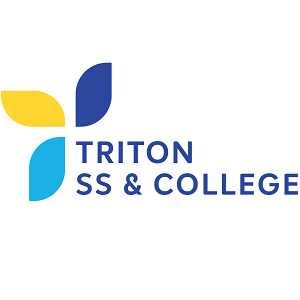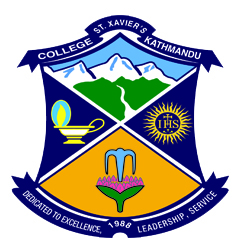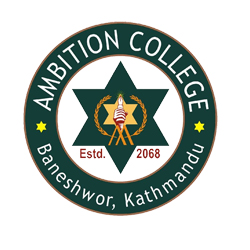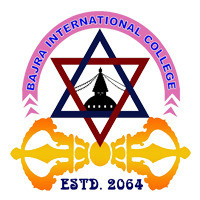Overview
Bachelor of Social Work (BSW) at Ganeshman Singh Multiple Campus, Kalanki, Kathmandu
Bachelor of Social Work (BSW) at Ganeshman Singh Multiple Campus (GMS), Kalanki, Kathmandu, runs under Tribhuvan University (TU), Nepal. The course focuses on social welfare, community engagement, and evidence-based practice in the Nepali context. You study core social work theory, research basics, and field work that reflects TU’s approved structure. Students learn how policies, institutions, and local dynamics affect families, youth, and communities.
Highlights
-
TU-recognized 4-year bachelor’s course.
-
Classroom learning connected to supervised field work.
-
Focus on Nepali communities, social policy, ethics, and practice skills.
-
Internal assessment plus TU examinations.
-
Library access, supervision meetings, and report guidance.
Curriculum Details
The BSW structure follows TU’s framework. Core areas often include:
-
Introduction to social work, values, and ethics
-
Human behavior and the social environment
-
Social case work, group work, and community organization
-
Social policy in Nepal and welfare administration
-
Research methods, data collection, and report writing
-
Field work with reflective journals and supervision
-
Electives related to youth, gender, disability, health, or livelihoods (as available)
Course sequencing follows the university calendar. Field placement hours and supervision frequency match faculty rules for the session.
Objectives
-
Build a grounded understanding of social issues in Nepal.
-
Develop practical skills for case work, group facilitation, and community outreach.
-
Strengthen research habits for small studies and action projects.
-
Promote ethical conduct and accountability in service settings.
Scope
Graduates work in NGOs, local bodies, community health projects, child and women protection services, disability support, and development programs. Some move toward MSW/MA or specialized certificates. Skills also support roles in documentation, outreach, and monitoring.
Learning Outcomes
-
Assess community needs using interviews and simple surveys.
-
Plan and document case interventions with supervision.
-
Facilitate group sessions and community meetings.
-
Prepare field reports with clear findings and next steps.
-
Maintain confidentiality and respectful practice.
Skill Development Modules
-
Communication and counseling basics
-
Community mapping and resource listing
-
Proposal and report drafting for small projects
-
Data entry, tabulation, and basic charts
Teaching Methodology
Classes include lectures, tutorials, role plays, and field exposure. Students complete observation visits, maintain diaries, and submit reflection notes. Internal tests, presentations, and viva sessions prepare you for TU exams. Supervision meetings review practice concerns and plan improvements.
Admission Requirements
-
Grade 12/+2 or equivalent from a recognized board.
-
Eligibility and intake dates follow TU and campus notices.
-
Application with transcripts, character certificate, photo ID, and photos.
-
Counseling for course load, field placement expectations, and schedule.
Career Opportunities
-
Social worker in community projects and NGOs
-
Outreach and documentation roles in local bodies
-
Program assistant in health, livelihood, or protection services
-
Research and survey support for small studies
-
Pathway to MSW/MA and sector-focused training
Scholarships and Financial Aid
Merit or need-based concessions may be available within policy. Students also track government or external schemes announced during the academic year.
Why Choose This Course?
-
Field exposure links classroom theory to real community settings.
-
Ethical practice and supervision build reliable habits.
-
Writing, documentation, and presentation skills improve employability.
Conclusion
BSW at GMS helps you understand social systems and serve communities with practical tools. Steady attendance, timely field reports, and active supervision meetings support consistent progress across the four years.
FAQ
Q1. How many hours of field work are required?
Hours follow Faculty guidelines for the session; the campus briefs students during orientation.
Q2. Are placements arranged by the campus?
The campus coordinates agencies based on availability and learning goals.
Q3. Can I focus on a specific theme like child protection?
Electives and placements guide focus areas, subject to capacity.
Q4. How is field work assessed?
Through diaries, supervisor feedback, presentations, and viva.
Q5. What software skills are useful?
Word processing, spreadsheets, and basic data tools help with reporting.






















